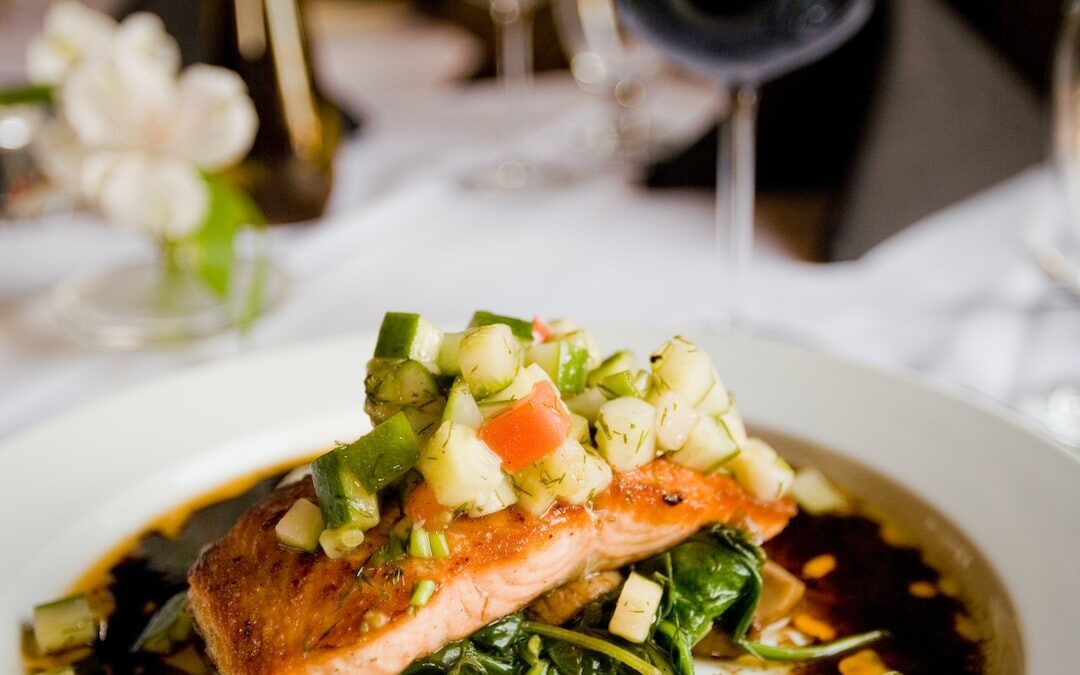Revolutionizing the Restaurant Industry: How Generative AI Can Help Create New Dishes, Optimize Menus, and Improve Customer Satisfaction
Blog Post Thu, 4 May 2023 13:16
May 4, 2023
Boost Your Productivity with AI Tools: Streamline Workflows, Automate Tasks, and Improve Decision Making
May 4, 2023Generative AI is a powerful tool that has the potential to revolutionize the restaurant industry. From creating new recipes to predicting customer preferences, generative AI can help restaurants increase efficiency, reduce costs, and improve customer satisfaction. In this blog post, we will explore how generative AI could help restaurants.
1. Recipe Creation
One of the most exciting applications of generative AI is recipe creation. By using machine learning algorithms, generative AI can analyze thousands of recipes and ingredients to create new and unique dishes. This could be especially useful for restaurants looking to offer new and innovative menu items. By using generative AI, chefs could create dishes that are not only delicious but also visually appealing, which could help attract more customers.
2. Menu Optimization
Generative AI can also help restaurants optimize their menus. By analyzing customer data and feedback, generative AI can predict which menu items are most popular and which ones are not. This information can then be used to optimize the menu, removing items that are not selling well and adding new items that are likely to be popular. This could help restaurants reduce food waste and increase profits.
3. Personalized Recommendations
Generative AI can also help restaurants provide personalized recommendations to their customers. By analyzing customer data, generative AI can predict which dishes a customer is likely to enjoy based on their previous orders and preferences. This could help restaurants improve customer satisfaction and loyalty by providing a more personalized experience.
4. Predictive Maintenance
Another way generative AI could help restaurants is by predicting equipment failures before they occur. By analyzing data from kitchen equipment, generative AI can predict when a piece of equipment is likely to fail and alert restaurant staff to take preventive measures. This could help reduce downtime and maintenance costs, ensuring that the kitchen is always running smoothly.
5. Social Media Analysis
Finally, generative AI can help restaurants analyze social media data to understand customer sentiment and preferences. By analyzing social media posts, generative AI can identify which menu items are most popular, which dishes customers are raving about, and which ones are not receiving positive feedback. This information can then be used to optimize the menu and improve customer satisfaction.
In conclusion, generative AI has the potential to revolutionize the restaurant industry by helping restaurants create new and unique dishes, optimize their menus, provide personalized recommendations, predict equipment failures, and analyze social media data. By leveraging the power of generative AI, restaurants can increase efficiency, reduce costs, and improve customer satisfaction, ultimately leading to increased profits and success.



